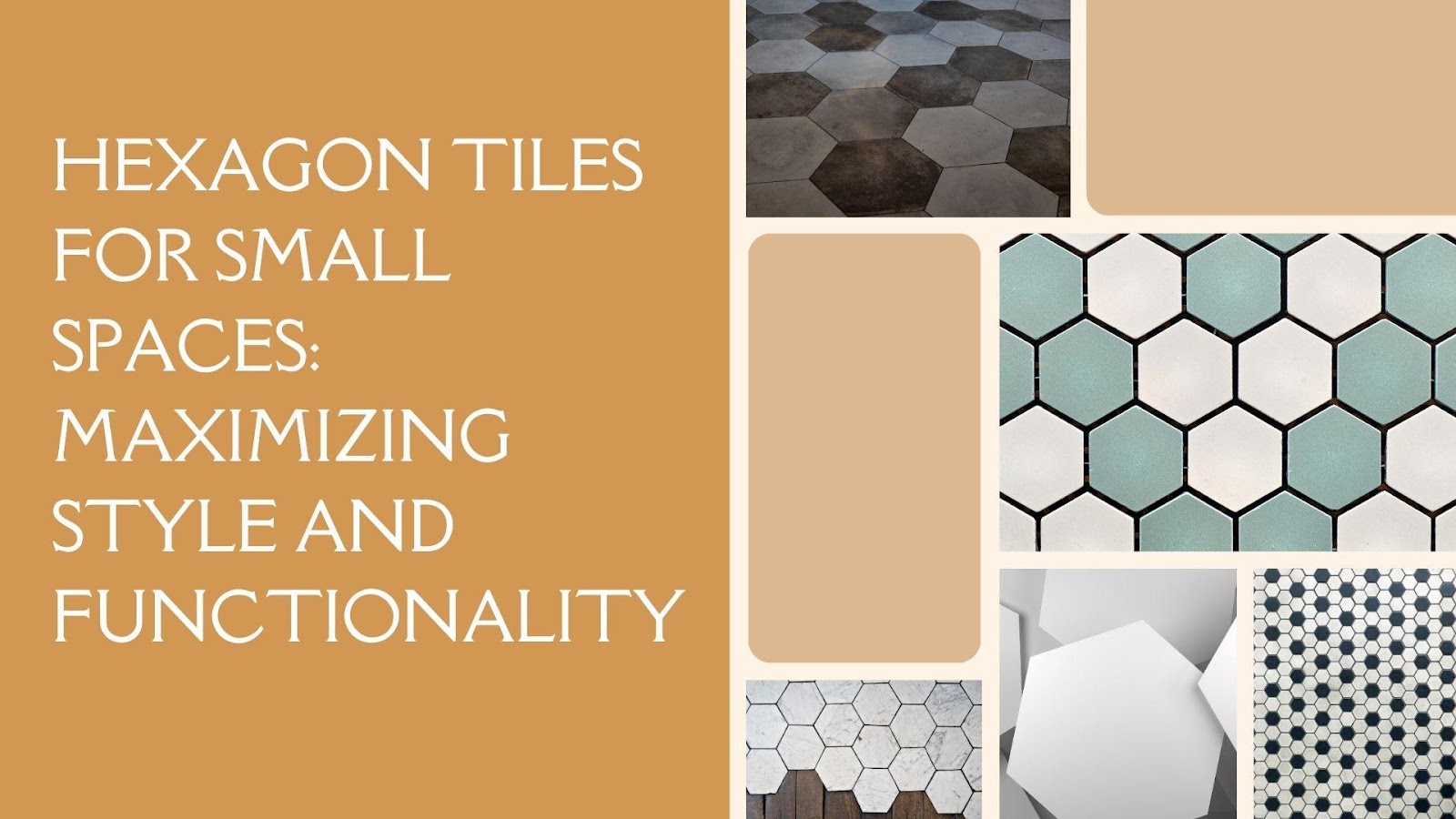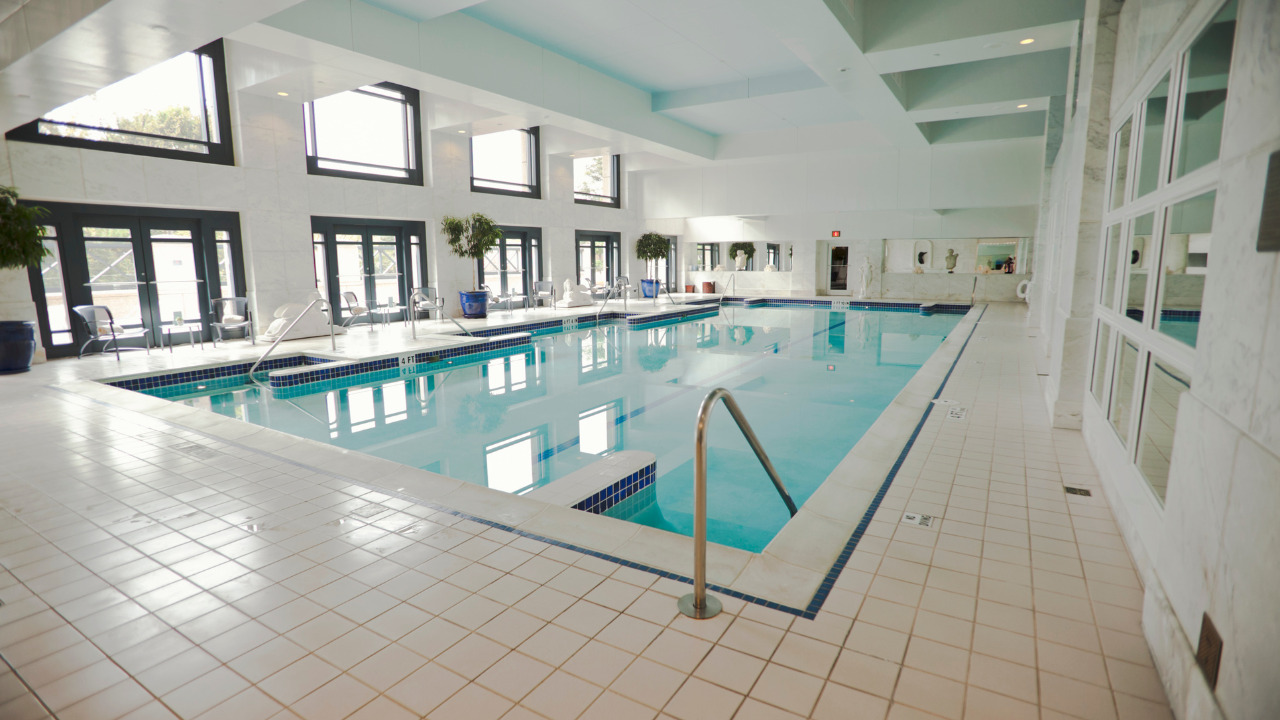When creating a pool, it is important to consider pool maintenance. You want to get the most out of your significant investment by having a wonderful swimming experience for you and your family.
You can do that and lengthen your swimming pool’s lifespan for many years with good maintenance. Water or stain build-up is one of the swimming pool’s most frequent maintenance issues.
The next step is to learn how to properly maintain your pool tile now that you have chosen and installed it. Pool tile frequently develops hard water stains; therefore, it is crucial to understand how to remove them.
The advice provided below is courtesy of our team of experts to assist you in removing hard water stains and maintaining the aesthetic appeal of your pool all summer long.
Table of Contents
What Are The Reasons For Hardwater Stains?
Water stains are the white, hazy deposits that collect around the pool’s water line and are typically caused by hard water. These calcium carbonates and calcium silicate deposits frequently referred to as scum, build up near the spot where the water hits the tiles.
It typically occurs at or near the pool’s surface or the markup where the water normally reaches. The amount of mineral deposit in your pool varies based on the local water supply quality.
The likelihood of calcium scaling is typically higher the harder the water is. The pH of the water is impacted by this deposit, in addition to making it hazy. The type of calcium build-up will determine your approach to removing the stains.
You can use a brush or stone to clean the area if it is only calcium carbonate. However, you might need to utilize abrasive chemical cleansers if the accumulation is calcium silicate.
Ways To Clean Hardwater Stains From Pool Tile
Scrub Tiles
The stain may be removed from calcium carbonate very easily. To assist soften scum and making cleaning easier, mist the buildup with a calcium releaser. The rusty water stains from your pool installation and maintenance can then be removed with a pumice stone or nylon brush.
Till the scum comes loose, gently scrub in a circular motion. Always be certain that the stains are moist. This makes it simpler to remove the stains once wet without applying a lot of pressure or vigorous rubbing that can leave behind scratches.
Pressure Washing The Tiles
You can use a temperature-controlled pressure washer for the tougher stains. Remove yourself from the area you want to tidy. Spray water and steam continuously onto the tiles for one minute. Pressure washer settings should be increased based on your needs, starting with a lower setting.
You should always wear protective hand and eye gear when using a pressure washer. You can raise the steam’s temperature and strength depending on how bad the stain is.
Use Muriatic Acid
You can apply intense acid in this process. It would be best to hire qualified pool maintenance experts who are professionals. Use the proper protective equipment before beginning at all times. When cleaning your swimming pool tiles, ask pool contractors for a list of the equipment you might need.
Draining the pool and cleaning up any leftover material at the pool’s bottom are the first steps you must take. In a plastic bucket, combine muriatic acid and water. Using an acid-resistant brush, the liquid should then be applied to the calcium silicate accumulation. Moreover, scrub to remove the tough spots.
Rinse with water after removing the scum scale, then repeat the process to clean all of the pool tiles. Add soda ash to the pool’s bottom to neutralize the acid when cleaning. The soda neutralizes Muriatic acid, allowing for the safe disposal of acid waste.
Regular Cleaning Is Essential To Get Rid Of Build-Up
The best course of action is routine cleaning to prevent build-up, which can be accomplished using calcium carbonate muriatic acid purchased at any pool or building supply store. Builders remove cement from bricks and pavers with muriatic acid because it dissolves calcium carbonate, making removal simple.
If emptying the pool isn’t an option, which is understandable given how much water is there, you can pour muriatic acid along the pool’s edge and let it sit overnight. When calcium carbonate and muriatic acid come in touch, you’ll notice that it fizzes.
If no fizzing occurs, on the other hand, the calcium carbonate has stiffened and changed into calcium silicate.
Conclusion
The mineral composition of the water typically causes hard water stains in your pool and nature. According to pool contractors, your local water supply’s quality significantly impacts the water stains’ intensity.
You can take specific measures to lessen the likelihood of such hard water stains. It will lengthen the interval between two pool cleaning treatments even though scaling might not entirely be eliminated. Mosaic tiles near the waterline should be regularly cleaned with a scrub brush and vinegar after removing any scale build-up.
The mosaic tiles along the waterline will remain clean and bright with regular brushing, preventing scale build-up.





